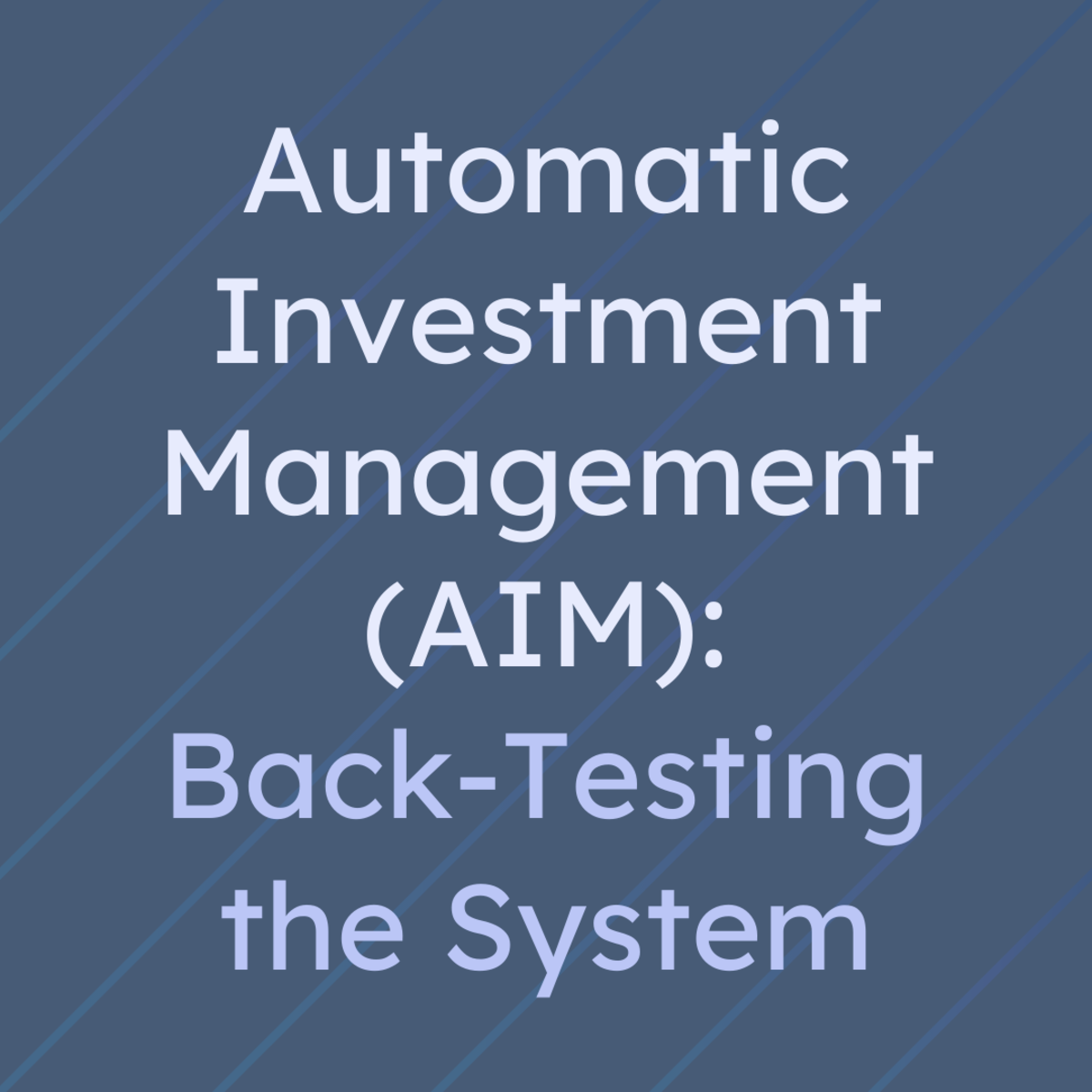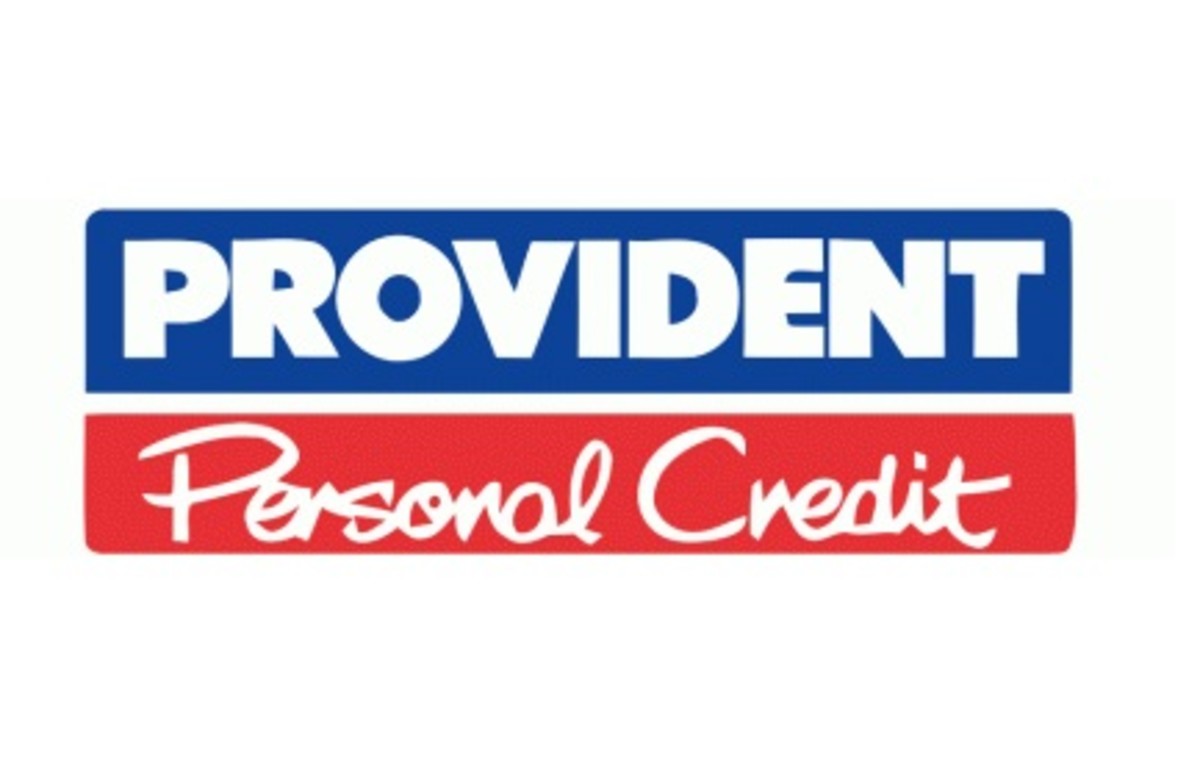Should I Pay off My Mortgage Early ???

Paying off a Mortgage
For many Americans, the ability to pay down their mortgage sooner is simply not realistic. However in some cases it is quite possible. The Question of whether or not you should accelerate mortgage payments or use liquid cash to eliminate the liability altogether is sometimes more complicated than it seems. The answer is often based on your tax rate, the interest rate you’re currently paying as well as what you would otherwise do with the additional cash flow should you not pay down the outstanding debt.
Tax Benefits…As most people know, in many cases the interest you pay on your mortgage is tax deductible against your earned income as an itemized deduction. Thus decreasing the cost of the actual mortgage or otherwise reducing the required rate of return in an alternative investment that might be utilized to justify not paying down such debt. An example of this is let’s say you have a six percent mortgage, and can deduct mortgage interest on your tax return. If you are in the 25 percent tax bracket, since your payments are saving you taxes, you’d multiply .06 percent by .75 = 4.5 percent — the after-tax cost of your loan. The new required return on your alternative investment strategy is now a return in excess of only 4.5% rather than 6%.
However keep in mind the benefits are not always so simple. More and more Americans are now subject to Alternative Minimum Tax (AMT). Under AMT, you can lose part if not all of those deductions thus altering the above formula. AMT can also reduce the tax benefits of other itemized tax deductions such as real estate taxes. The AMT formula is a complex one which can be triggered by numerous factors. It is important to consult with your CPA as to whether or not you will be affected. Clearly those that are affected may want to reconsider the benefits of not paying down the debt early.
Should I save for my retirement first…The answer is certainly yes. However, the vehicles that you utilize are of greater importance. Saving in an employer sponsored plan such as a 401k/403b is a first priority. The contributions to such plans go in on a pre-taxed basis. Not only is there an immediate tax benefit, but additionally you are reducing your “adjust gross income” which is used in the AMT tax calculation above. Once you have reached a point in which you have been able to make the maximum contribution to such plans, the benefits of paying down your home loan early can be debated.
Generally speaking once you have met the maximum contributions, your overall liquidity and ability to sustain risk plays a large role. In the case of an investor whom has a great deal of liquidity and a relatively high tax rate, the benefit of carrying the mortgage may seem like a no-brainer. However, over the years many investors have often been shortsighted in regard to market performance and made the mistake of panicking at an inopportune time. While it is true that in such a low interest rate environment, it is highly likely that you can outperform the stated interest rate on your outstanding loan balance with a long term investment strategy. But will you??? Behavioral finance is the study of how emotional & psychological factors influence our financial decisions. If an investor whom was close to or already in retirement had invested a sizeable cash position in a partially equity based stock portfolio in 2007-2009 and subsequently sustained losses in double digits, then suddenly panicked and gave up on their investments out of fear…what is the result ??? You may have realized the downside of financial markets while not participating in the upside. Simultaneously, you are still stuck with the outstanding debt. Granted not all investors will behave this way. As an investment advisor, it is important to make sure all of our clients make rational decisions. But in reality, not all investors will behave rationally. Our experience has been those closer to retirement tend to better handle the psychological impact of market volatility while they are debt free. This in turn results in a more likely commitment to a longer term investment strategy that is more sensible.
If you’re simply not a risk taker and would never have a portfolio with longer term equity risk, than you’re clearly better off eliminating debt. There are far too many investors earning 1% in a CD while paying the same bank 5% on their loan. It should be noted that you should never completely eliminate liquidity altogether. Keeping a savings position of short term cash equal to one year’s worth of expenses is always a good idea. For retirees with no defined benefits (Pension Fund), closer to three years of an emergency fund should be considered.
Does it matter what type of mortgage I have…Absolutely !!! In cases of a fixed rate mortgage, the arithmetic is much simpler to evaluate once you better understand your tax circumstance. However, in cases of variable loans, balloon payments and other forms of creative financing, the average American is most likely better off eliminating the debt burden. Additionally the may want to consider other refinancing options. Interest rates typically rise in higher inflationary environments that most often correlate to some form of an economic expansion. The rise in equity prices that may come with your alternate investment strategy may just keep up with the rising rate in a variable rate loan.
In most cases we have evaluated over the years, eliminating the debt burden when feasible for most clients is the more sensible strategy. However each case should be evaluated on an individual basis.
Suggested Reading
- How To Handle Your Pension Options
Over the years one common choice I have seen clients faced with is whether or not to opt for a lump sum pension benefit when it is offered to them at retirement versus accepting the monthly annuity payment from the company. Let me first start by... - Should I Buy an Annuity...What You Need To Know
What is an annuity ??? Annuities can generally be summarized as two basic types of insurance contracts. They are either immediate or deferred annuities. Over the years these two types of contracts have been expanded to encompass many different... - ETF's vs Closed-End Funds ???
The difference between a traditional exchange traded fund (ETF) and an actively managed closed end fund are several. However, there are certain basic features that one should understand before utilizing these solutions as investment options. The... - The Importance of Asset Allocation
When building and investment strategy we often hear the term “diversification” Yet and equally important concept is “Asset Allocation” It has been shown via numerous studies that the proper allocation can account for better than 90% of long... - The Impact of Retirement Distributions in Volatile M...
Over the last fifteen years in the financial planning field, the most commonly expressed concern I have heard from a retiree/pending retiree has been…Will I run out of money ??? When examining this question there are many variables to be concerned... - The Case for Alternative Investment Strategies
One of the lessons of 2008, and even the more recent market volatility is that portfolio management has become more dynamic. Traditional asset allocation models of equities, fixed income, and cash equivalents may not be sufficient for more growth... - Should I Pay off My Mortgage Early ???
For many Americans, the ability to pay down their mortgage sooner is simply not realistic. However in some cases it is quite possible. The Question of whether or not you should accelerate mortgage payments or use liquid cash to cover eliminate the... - What should your Financial Advisor ask you ???
Often we read articles & commentary about what to ask your financial advisor. But what should your financial advisor be asking you. Often times that alone can tell you whether or not you are engaged in a financial advisory relationship that is in - Passive vs Active Management…The Case for ETF’s
There has been an ongoing debate for decades about the benefits of actively managed mutual funds versus their passive counterparts. Those counterparts would be the exchange traded fund market (ETF’s) as well as traditional index funds. Those in... - Bonds vs Bond Funds ???
While over the years the community of investment professionals nearly universally agree that most every client should own some form and percentage of fixed income as part of their asset allocation strategy…Over the years there has been an ongoing...









